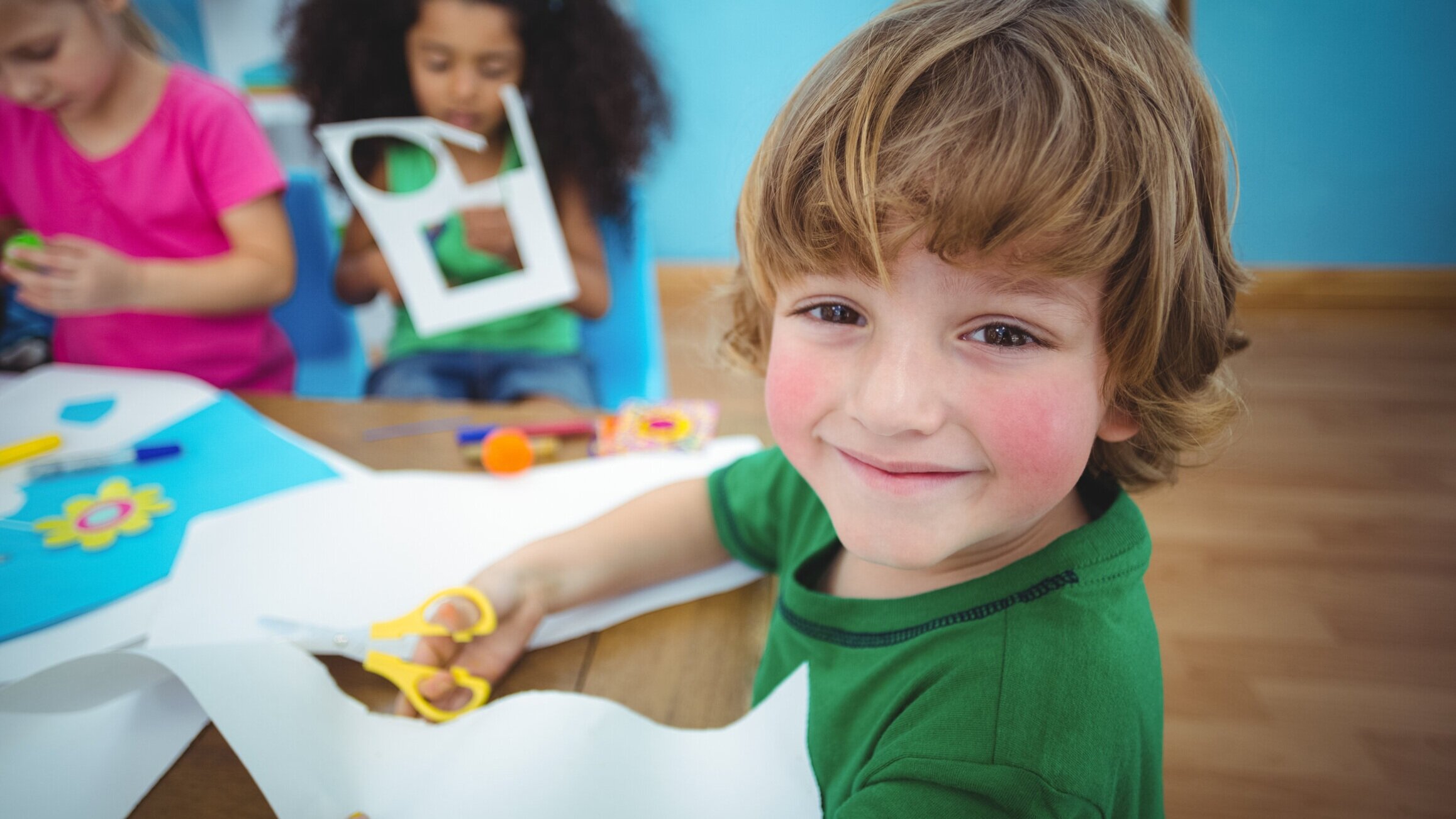Pediatric Occupational Therapy
Pediatric occupational therapists work with your child to improve skills needed for day to day activities at home, school, or in the community. Our therapists love working with families and educators to help children gain independence by strengthening the development of fine motor, oral motor, and visual motor skills. They are passionate about helping children and their caregivers navigate the challenges that can be associated with sensory processing disorders so that they can make sense of the world around them.

Some of the areas addressed by an occupational therapist include:
Visual Perception Problems
Loses place when reading or writing
Disorganzied or appears careless with school work
Difficulty with puzzles, dot to dots, or copying shape design
Reverses numbers or letters when writing (past 2nd grade)
Sensory Concerns
Always seems tired, difficulty getting him/her to engage in activities
Bothered by types of clothing, food textures, avoids getting messy
Difficulty with grooming (cutting hair, fingernails, brushing teeth)
Fearful to have feet leave the ground or tilt their head back
Difficulty with transitioning from one activity to another
Poor Social Skills
Difficulty making or keeping friends
Poor play skills or sportsmanship
Aggressive, low frustration tolerance, low self esteem
Difficulty reading social cues or body language
Poor Body Awareness
May seem clumsy, may run in to things often or break things
May appear disheveled with shoes untied, clothing not adjusted properly, food on face or shirt
Chews on objects or clothing
Avoids physical activity or moves awkwardly
Delayed Fine Motor Skills
Difficulty playing with age appropriate toys with multiple or small pieces or poor hand-eye coordination
Poor handwriting
Difficulty with self-care skillls (eating with utensils, dressing, manipulating fasteners)
Lack of Attention or Hyperactivity
Difficulty maintaining attention in class or during conversation
Fidgety or difficulty staying seated for any length of time
Difficulty remembering things mentioned to them
Impuslvie and always “on the go”
Difficulty keeping hands off nearby people or things
Visual Scanning Problems
Difficulty reading without skipping to another line
Difficulty copying information from the board
Slow to find hidden objects in a picture or word search
Frustration or avoids pencil paper activities
Feeding Problems
Difficulty chewing or swallowing
Holds food in his/her cheeks
Picky or messy eater
Difficulty drinking from a straw or open cup
Difficulty holding and using eating utensils

Red Flags
When to seek Occupational Therapy for your child:
Fine Motor
Frequently holds hands in a fisted position after 6 months
Not banging objects together by 10 months or clapping by 12 months
Not placing objects into another container by 12 months
Not attempting to use a spoon to self-feed by 15 months
Not independently drinking from an open cup by 15 months
Still using a fisted grasp to hold a crayon at 18 months
Not using a pincer grasp (thumb to index finger) by 18 months
Not imitating vertical and horizontal lines by 24 months
Not able to snip with scissors by 30 months
Using only one hand to complete tasks
Drooling during tasks that require intense concentration
Displaying uncoordinated or jerky movements when doing activities
Sensory
Very busy, always on the go, and demonstrates poor attention to task
Appears to be tired/slow to respond even when getting enough sleep
A very picky eater (eats less than 10 foods consistently)
Not aware when he/she gets hurt (no crying or reaction to the injury)
Afraid of swinging/movement activities; does not like to be picked up or be upside down
Has a difficult time calming themselves down appropriately
Frequently jumping, purposely falling down, or crashing into things
Constantly touching everything they see, including other children
Becomes overly upset with change in routine or during transitions
Resistant to bath time or grooming activities
Avoids being messy or touching different textures (grass, sand, paint)
